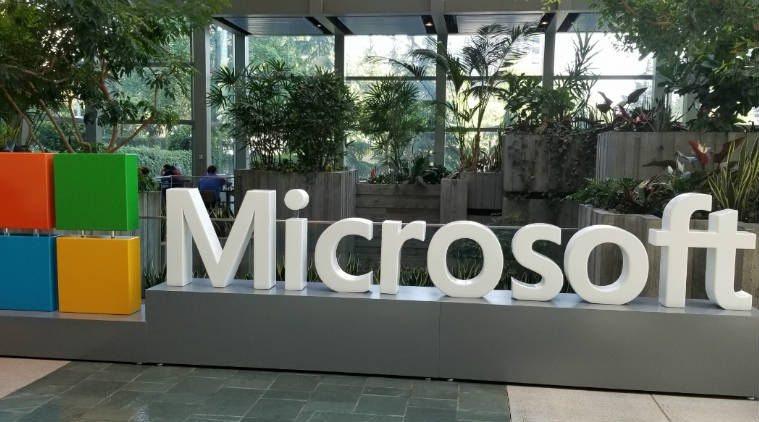Indications emerged weekend that Microsoft workers, who were set to walk out of their jobs and publicly call on their employer to reduce carbon emissions and sever its ties with fossil fuel companies may have changed their mind meaning that the fast game had worked after all.
The fast game played by Microsoft was to hurriedly announce a major partnership with two of the biggest corporations in the oil industry including Chevron on ways to reduce carbon emissions.
However, Microsoft employees have responded with a fiery statement condemning the partnership and calling on fellow employees to join them in walking out on September 20th.
Recall that hundreds of Amazon workers had announced last week that they would be walking out to protest their company’s inadequate climate policies; Microsoft employees were quick to join their fellow Seattleites.
Recall that on September 9, a group called Microsoft Workers 4 Good tweeted “Microsoft workers will be joining millions of people around the world by participating in the youth-led Global Climate Strike on September 20th to demand an end to the age of fossil fuels.”
The workers’ demands are straightforward: “Zero carbon emissions by 2030. Zero contracts with fossil fuel companies. Zero funding of climate denial lobbying or other efforts. Zero harm to climate refugees and frontline communities.”
Google, Facebook, and others pledged support for the multi-city walkout, some of which is being organized through the burgeoning Tech Workers Coalition.
Then, on September 17, just three days before the well-publicized climate events, Microsoft announced that it had partnered with Chevron, the oil giant, and Schlumberger, the world’s largest oilfield services provider, to accelerate oil field development and extraction of fossil fuels.
It is, as Microsoft stated in its release, “the industry’s first three-party collaboration to accelerate creation of innovative petrotechnical and digital technologies.”
The partnership will “dramatically accelerate the speed with which we can analyze data to generate new exploration opportunities and bring prospects to development more quickly and with more certainty,” said Joseph C. Geagea, an executive vice president at Chevron, according to the Houston Chronicle.
Essentially, Microsoft’s cloud computing platform Azure will host Schlumberger’s DELFI “cognitive exploration and production environment,” and the two companies will work with Chevron to build AI-powered applications native to both.
If successful, the project’s stakeholders have stated they hope to expand the technology and make it available to other oil companies, too.
It is, in other words, a project explicitly designed to improve the speed at which oil companies can develop new sites for fossil fuel extraction, as well as the rates of extraction at existing sites. The partnership aims to ensure more oil is extracted and burned, more efficiently. It would help increase carbon emissions, and it’s a new contract with a fossil fuel company—a stark affront to the first two asks of the tech worker climate organizers.








